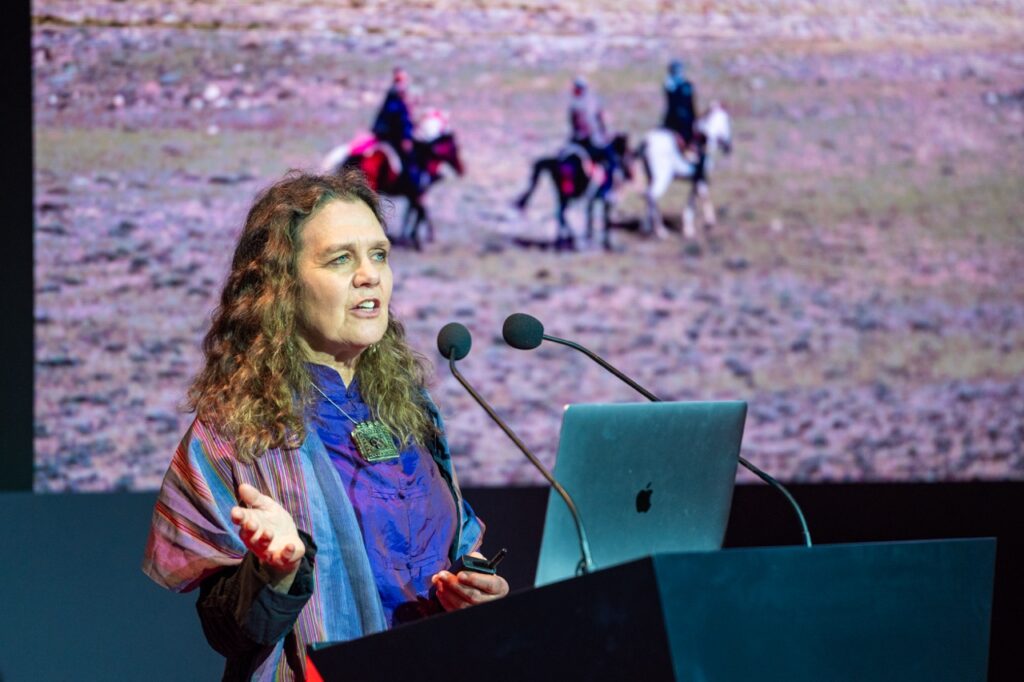Photography lets people see disruption and damage and inspires them to action, says the renowned photographer-conservationist at the International Photography Festival
Photography has a long history of raising awareness about incredible landscapes and wild places, seasoned photographer passionate about environmental conservation, Beth Wald, has shared with the audiences of the ongoing 8th edition of the Xposure International Photography Festival (Xposure).
Her talk ‘Wild Eyes: The Radical Promise of Rewilding to Restore Our Ailing Planet’ was held on the weeklong festival’s second day and was part of the 3rd edition of the Xposure Conversation Summit.
“Photography allows people to witness disruption and damage and inspires them to take action,” she said, guiding the audience through her decade-long journey during which her lens supported efforts to create national parks, protect endangered species, and raise awareness about the importance of preserving our natural wealth.
Shedding light on the threats posed to the wilderness as well as the indigenous communities that inhabit them, she noted that contrary to the romanticised notion of the ‘untouched wilderness’ marketed by national parks, these spaces suffer due to the forced displacement during the creation of national parks.
Recounting her experience in Afghanistan’s remote areas, she highlighted the dual challenge of wilderness protection. “The problem is that local people and local governments, responsible for protecting these places, often don’t prioritise the same concerns,” she said, recounting how the indiscriminate hunting of Marco Polo sheep by local people in Afghanistan endangered the species.
Discussing the importance of protecting wild spaces, Wald said, “Even though it’s very difficult to create and maintain protected and conservation areas in conflict zones, such as Afghanistan, it’s still incredibly important. We need every single wild place, especially ecosystems that are largely untapped.”
The talk stressed the importance of protected areas, emphasising that indigenous lands can function as de facto protected areas where people safeguard resources. Recounting her experiences in Ecuador, she said, “Despite constitutional rights of nature, large-scale mining and oil exploration threaten biodiversity and indigenous communities. People have been struggling to hold a referendum to protect Yasuni National Park for over a decade. The government has repeatedly ignored public votes.”
Wald concluded her captivating narrative with a call to action, urging readers to consider rewilding as a radical promise for restoring our planet. Through her lens and experiences, she invited visitors to contemplate the delicate balance between human activities and the preservation of the world’s natural wonders.

